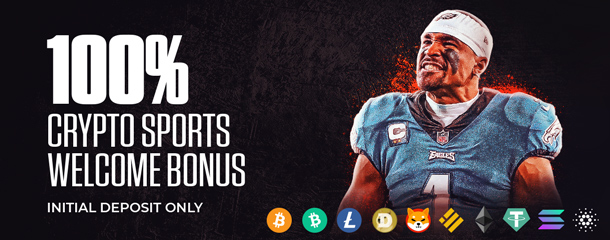The first thing you need to know about implied probability is that you don’t have to be a math whiz to figure it out, no matter how daunting the words may sound.
You see, the concept, which can be used in numerous genres from stocks and bonds to sports betting, is simply a conversion of traditional odds into a percentage that takes into account the ‘house edge and eliminates it to reveal the “true betting odds” of a particular event. Here’s an example.
What Is Implied Probability In Online Betting?
If you and a pal flip a coin and both bet $100 on each flip. The implied probability of each side is $100/$200, or 50percent. By using the amount wagered and adding it to the amount won, you get to a total of $200. Basically, this means that for each $100 you risk, you expect to get back 50percent of $200, or $100, which makes the implied probability 50-50.
Now let’s assume your friend gets paid $200 for every tails, while you still only get paid $100 for heads. Your implied probability remains the same, but your friend now has an implied probability of tails coming up is only $100/$300, or 33.3 percent. By adding the two probabilities, it totals 83.3 percent. Your friend now has a 16.6 percent edge over you in this bet (100percent minus the 83.33percent implied probability).
Implied Probability in Sports Betting
In sports betting, the house edge, or vig, means that the implied probability will always add up to over 100 percent. The amount over 100 percent is the bookie’s over round. This is their expected profit.
For example, let’s say you’re wagering on an NFL game and the odds are Miami -3.5 over Pittsburgh Steelers.
- Miami -3.5 (-110)
- Pittsburgh +3.5 (-110)
If you bet $110 on Miami -3.5, you have a possible payout of $-110 for a loss or $210 for a win. If you bet $110 on Pittsburgh +3.5, you have a possible payout of $-110 for a loss or $210 for a win.
We only have these two possible outcomes. We take the amount we risk and divide it by the total payout to get the implied probability for each outcome:
- Miami covers: $110/$210=.524 or 52.4%
- Pittsburgh covers: $110/$210=.524 or 52.4%
If we add these two outcomes, we get 104.8% This means that if we bet both teams, we would need to risk $104.8 to get back $100. The bookies clearly have the edge here, in this case a 4.8% house edge for each dollar wagered. Implied probabilities will change for odds other than -110.
Let’s say you’re wagering on this game.
- Philadelphia -190
- Indianapolis +160
If you bet $190 on Philadelphia, we have a possible payout of $-190 for a loss or $290 for a win.
If we bet $100 on Indianapolis, we have a possible payout of $-100 for a loss or $260 for a win.
If we ignore pushes, we only have these two possible outcomes. Again, we take the amount we risk and divide it by the total payout to get the implied probability for each outcome:
Philadelphia wins: $190/$290=.655 or 65.5%
Indianapolis wins: $100/$260=.385 or 38.5%
If we add these two outcomes, we get 104%. Again, if we bet both teams, we automatically lose, this time $4 for every $100 wagered in the long run. This extra juice is the bookie’s edge. Implied probability can also be used on sports betting futures odds.
Implied Probability In Soccer Betting
For instance, let’s say you want to wager on the World Cup Soccer tournament, and you see these odds.
- Brazil +400
- Germany +800
- Argentina +900
- Italy +1050
- USA +3500
- Field +100
Here is the implied probability of each team winning. Remember, you must divide the amount risked by the total payout to get the implied probability percentage.
- Brazil: 100/500=.2 or 20percent
- Germany: 100/900=.111 or 11.11percent
- Argentina: 100/1000=.1 or 10percent
- Italy: 100/1150=.087 or 8.7percent
- USA: 100/3600=.028 or 2.8percent
- Field: 100/200=.5 or 50percent
Conclusion
Adding all these percentages, we come up with 102.61%, meaning the house has a 2.61% edge.
In the end, implied probability can definitely be useful in virtually every aspect of sports betting, whether you’re a ‘numbers bettor or more of a ‘feel’ betting enthusiast.
Welcome Bonuses from MyBookie : DOUBLE YOUR FIRST CRYPTO DEPOSIT!
Sports Betting Odds
Betting Online Casino
| Playing Blackjack or Poker |
| Understanding Live Casino |
| Best Casino Online Games |






